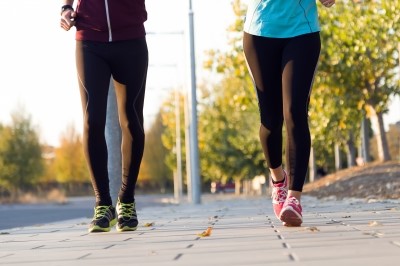
Almost half of nursing students and over a third of medical students not getting enough exercise
48% of nursing and 38% of medical students did not achieve recommended levels of physical activity, according to a questionnaire study from the UK .
The study surveyed 193 nursing students and 168 medical students at a UK medical school over 12 months. Nursing students were less active than medical students. They perceived fewer benefits and more barriers to exercise, in addition to lower social support for exercising.
While medical students acknowledged the benefits of exercise to health and as a stress relief, but the most notable barriers included:
- a lack of time or facilities
- exercise not fitting around study or placement schedules
Ashna Basu, NSW Medical Students’ Council President-Elect 2017 said:
“Medical and nursing students definitely recognise the importance of exercise. We read about the negative effect of sedentary lifestyles and obesity, we extol the virtues of physical activity to patients and friends alike.
But putting that knowledge into practice is difficult!
During exam time, the opportunity cost of exercise is study – it often feels like we need every last minute to cram as many obscure inflammatory markers as we can into our already-stuffed brains.
When it comes to our clinical years, it’s a time issue. Do I wake up at 5 to go to the gym, knowing that it’s going to be a long day and it’ll render me even more exhausted? Or, do I muster up the strength to go after an exhausting day on the wards. It’s a preview of the struggle we’ll face to balance physical activity and work for the rest of the lives. Fortunately, it also gives us insight into why so many of our patients find it hard to make time to exercise.
NSWMSC recognises that exercise has both physical and mental health benefits, which is why we hold Sports Day annually, to let med students have fun with mates across the state, and blow off some steam!”
The study concluded there is a need for interventions to build self-efficacy for exercise and increase social support for students with regards to exercise.
More articles on My Health Career:
